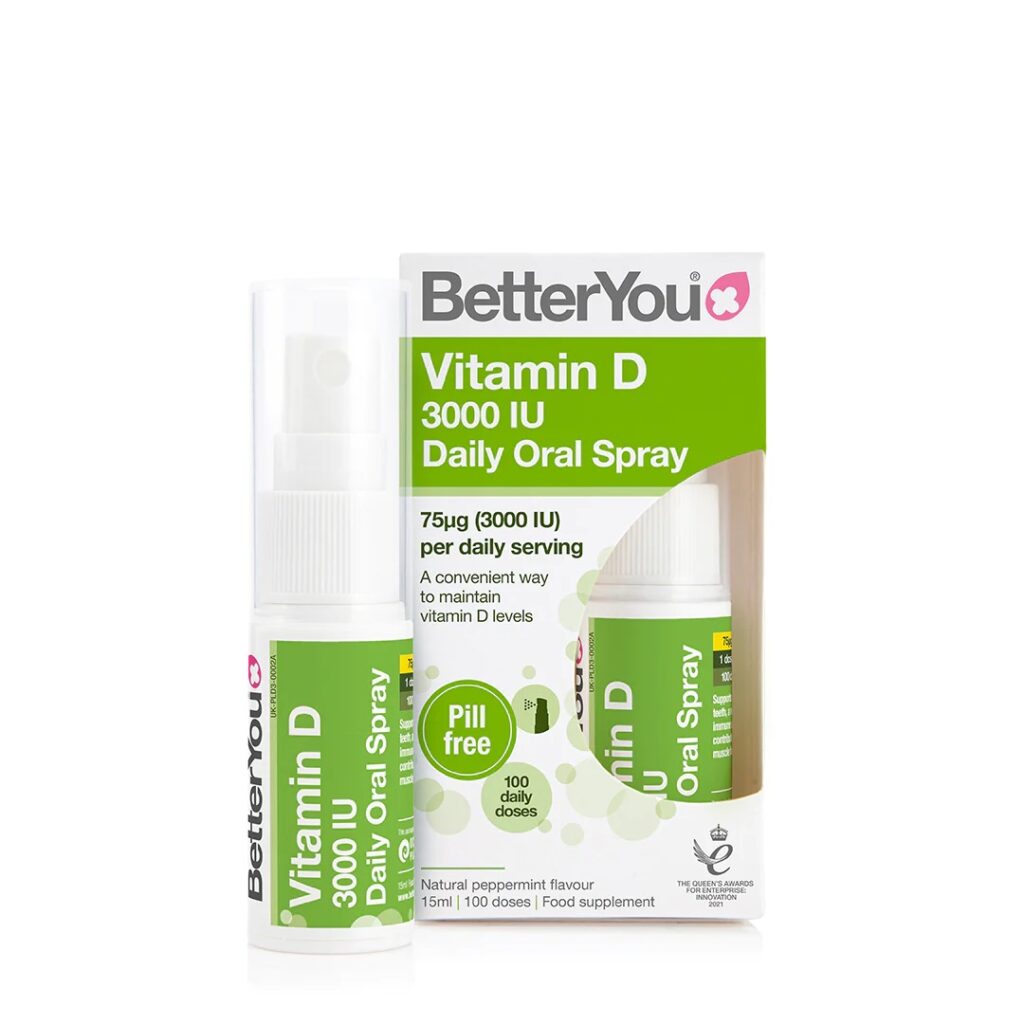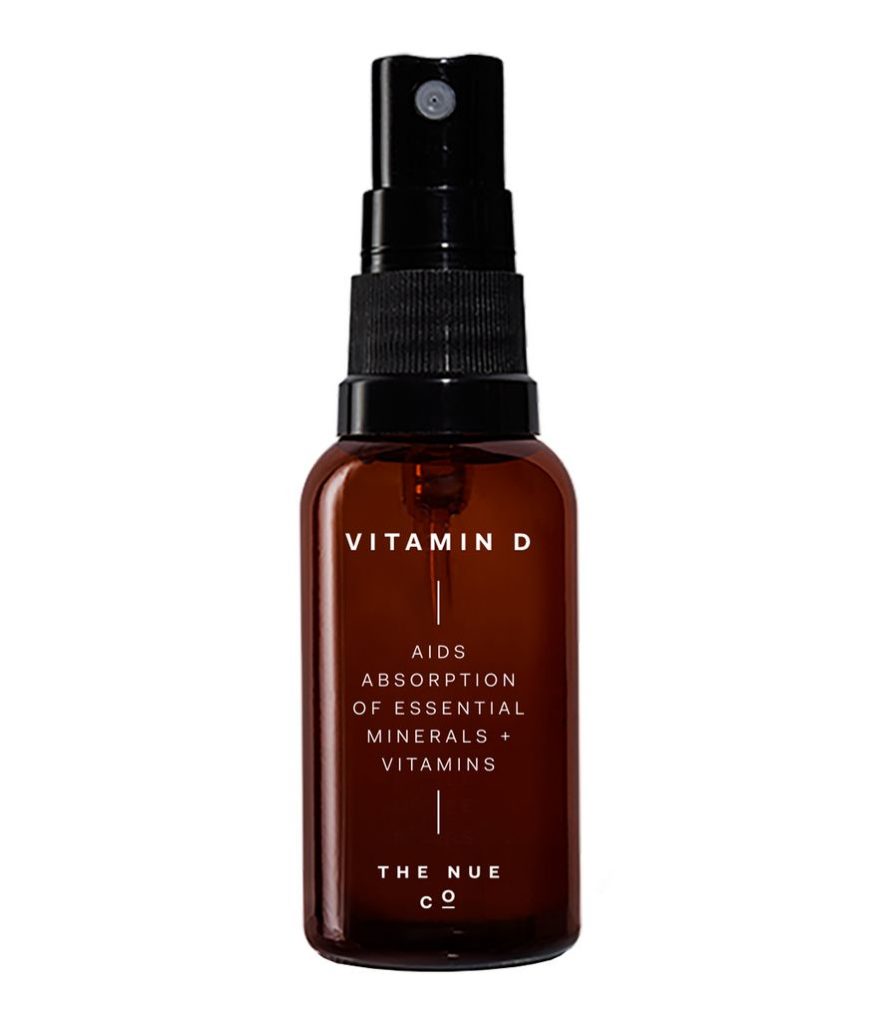A recent study has unveiled a startling reality – vitamin D deficiency is more pervasive than commonly assumed, affecting up to one in three individuals in the UK. As the temperatures plummet and daylight dwindles, the challenge of obtaining sufficient vitamin D naturally intensifies due to reduced sun exposure. While certain foods like oily fish, red meat, and egg yolks contain this essential vitamin, obtaining an adequate amount solely through diet proves to be a formidable task.
The Importance of Vitamin D and the Need for Supplements:
Individuals lacking this crucial nutrient should seriously consider supplements. Vitamin D is indispensable for calcium absorption and plays a vital role in maintaining the health of bones, muscles, teeth, and the immune system. A daily intake of 10 micrograms of Vitamin D is recommended to ensure optimal well-being.
Consequences of Inadequate Vitamin D Levels:
Inadequate levels of vitamin D can contribute to an array of health issues, necessitating awareness of associated symptoms. The initial signs include fatigue, muscle weakness, bone pain, and increased susceptibility to illnesses. Other indicators encompass hair loss, impaired wound healing, and changes in appetite. Severe vitamin D deficiency can result in bone deformities such as rickets in children and osteomalacia-induced bone pain in adults.
Identifying Risk Factors:
Several risk factors contribute to vitamin D deficiency, including indoor or nighttime work, vegan or vegetarian diets, darker skin tones, obesity, and ageing. Samantha Greener, a wellness expert from Simply Supplements, warns that reduced sunlight exposure during autumn and winter poses a heightened risk for vitamin D deficiency. Many individuals may unknowingly lack this essential nutrient, as its symptoms are easily overlooked or attributed to a hectic lifestyle, potentially masking more profound health concerns.
Expert Insights and the Role of Supplements:
Samantha Greener emphasizes the cost-effectiveness and widespread availability of vitamin D supplements, asserting their safety when taken as recommended. As a proactive measure, she encourages individuals to incorporate these supplements into their daily routine, especially during seasons of diminished sunlight.
Six Telltale Signs You’re Deficient In Vitamin D:
Fatigue: Feeling unusually tired or lethargic can be an early sign of a vitamin D deficiency, significantly reducing energy levels and potentially causing sleep problems.
Bone and Lower Back Pain: Vitamin D deficiency weakens bones due to its close association with calcium absorption, often manifesting as pain, particularly in weight-bearing bones like the spine.
Muscle Aches: Essential for optimal muscle function, vitamin D regulates muscle contraction and relaxation, preventing unnecessary strain. Deficiency may lead to increased inflammation, contributing to muscle pain.
Frequent Illness: Crucial for immune system support, vitamin D deficiency increases susceptibility to colds, infections, and the flu, potentially contributing to frequent illnesses.
Hair Loss: Inadequate vitamin D levels disrupt the normal function of keratinocytes, affecting the natural hair growth cycle and leading to reduced growth and increased shedding.
Impaired Wound Healing: Vitamin D is vital for tissue repair and regeneration; delayed wound healing may indicate insufficient vitamin D levels.
Understanding the prevalence, importance, and symptoms of vitamin D deficiency is essential for maintaining overall health. By staying vigilant and incorporating supplements when necessary, individuals can proactively address potential deficiencies and promote their well-being, especially during seasons of reduced sunlight exposure.


















